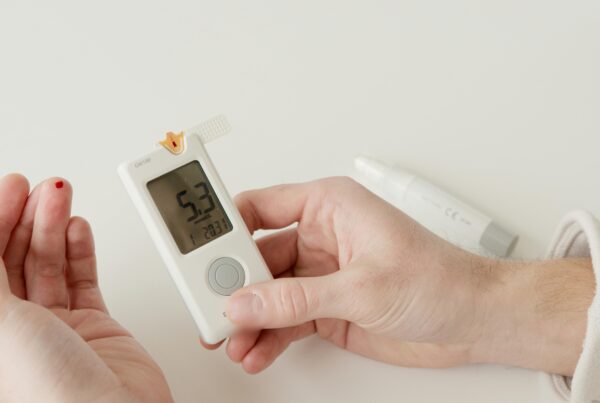Type 1 Diabetes
Type 1 diabetes is a chronic autoimmune condition in which the body’s immune system mistakenly attacks and destroys the insulin-producing cells in the pancreas called beta cells. As a result, people with type 1 diabetes are unable to produce insulin, a hormone that is essential for converting glucose (sugar), fats, and starches from food into energy. Without insulin, glucose builds up in the bloodstream, leading to high blood sugar levels.
Causes
The exact cause of type 1 diabetes is not fully understood, but it is thought to be triggered by a combination of genetic and environmental factors, such as viral infections, which may initiate the immune system’s attack on the pancreas.
Symptoms
Common symptoms of type 1 diabetes include:
- Excessive thirst (polydipsia)
- Frequent urination (polyuria)
- Extreme hunger (polyphagia)
- Unexplained weight loss
- Fatigue or tiredness
- Blurred vision
- Slow-healing sores or frequent infections
Treatment
Type 1 diabetes requires lifelong management to keep blood glucose levels in a healthy range. The treatment involves:
- Insulin therapy: People with type 1 diabetes need to take insulin daily, either via injections or an insulin pump.
- Blood sugar monitoring: Regular monitoring of blood glucose levels is essential.
- Dietary management: A healthy diet that focuses on balancing carbohydrates, proteins, and fats is important for managing blood sugar levels.
- Exercise: Regular physical activity helps to control blood sugar levels.
Complications of Type 1 Diabetes
If blood sugar levels are not properly managed, people with type 1 diabetes are at risk of developing a range of serious complications, including:
- Cardiovascular Disease:
- High blood sugar levels over time can damage the blood vessels, increasing the risk of heart disease, stroke, and high blood pressure.
- Kidney Damage (Diabetic Nephropathy):
- The kidneys can become damaged by high blood sugar, leading to kidney disease or even kidney failure.
- Nerve Damage (Neuropathy):
- High blood sugar can damage the nerves, leading to pain, tingling, and loss of sensation, particularly in the legs and feet.
- Eye Damage (Diabetic Retinopathy):
- Chronic high blood sugar can damage the blood vessels in the eyes, leading to vision problems and potentially blindness.
- Infections:
- Diabetes can weaken the immune system, making it harder for the body to fight infections. People with type 1 diabetes may experience frequent skin infections, urinary tract infections, or other infections.
- Diabetic Ketoacidosis (DKA):
- A life-threatening complication that occurs when the body produces high levels of ketones (toxic acids) due to insulin deficiency. DKA can cause symptoms like nausea, vomiting, fruity-smelling breath, confusion, and dehydration. Without treatment, DKA can lead to coma or death.
- Gastroparesis:
- Nerve damage from diabetes can affect the digestive system, leading to slow stomach emptying, nausea, vomiting, and bloating.
- Foot Problems:
- Nerve damage and poor circulation can cause foot ulcers, infections, and in severe cases, the need for amputation.
- Skin Conditions:
- Diabetes can cause various skin problems, including bacterial and fungal infections, dry skin, and itching.
- Cognitive Impairment:
- There is evidence suggesting that uncontrolled blood sugar can contribute to cognitive decline and an increased risk of dementia in people with long-term diabetes.
Prevention of Complications
The best way to prevent complications is to maintain tight control over blood glucose levels. This can be achieved through a combination of:
- Consistent insulin use
- Regular monitoring of blood glucose levels
- A healthy, balanced diet
- Regular exercise
- Managing stress levels
- Regular checkups with healthcare providers to monitor for early signs of complications (e.g., eye exams, kidney function tests, foot exams, and blood pressure checks).
While type 1 diabetes cannot be prevented, early diagnosis, proper treatment, and consistent management can help reduce the risk of complications and improve overall quality of life.



